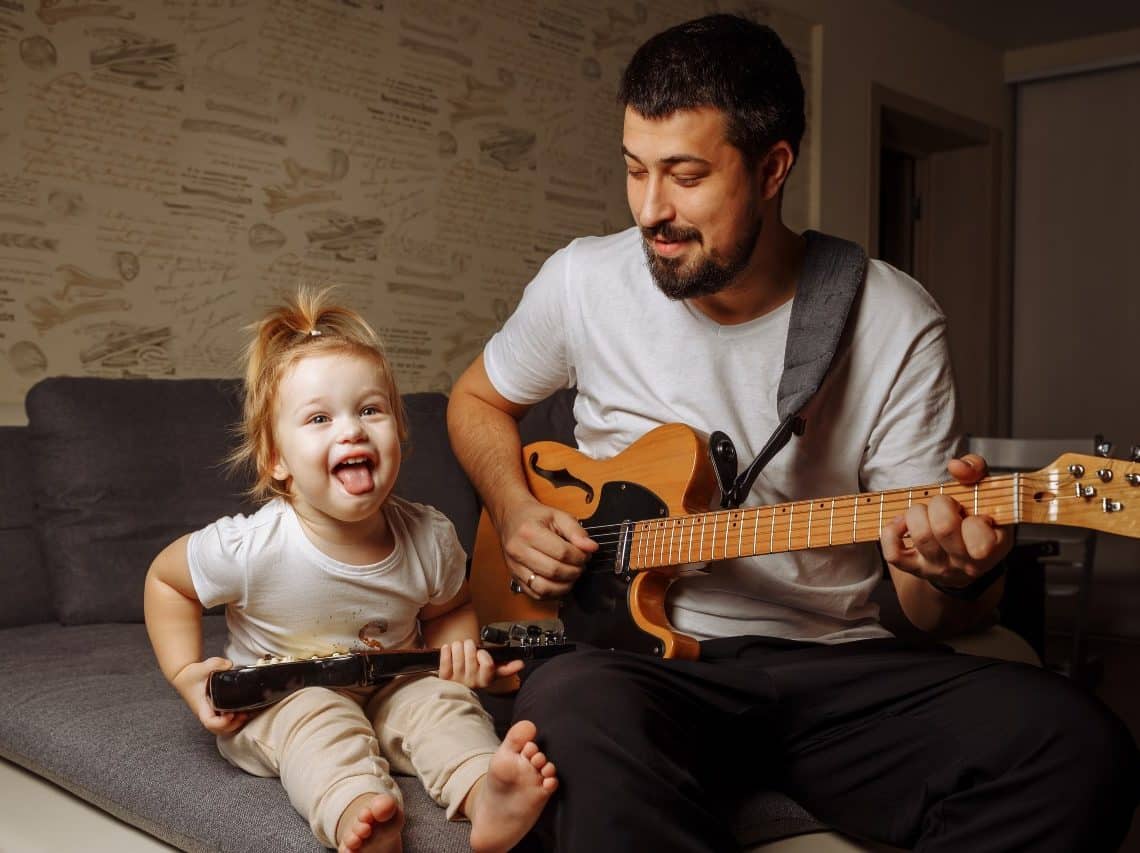The medicine of music

Ahh, sweet music. Its melodies can make you soar, its rhythms can sooth, its lyrics teach. An alternate language for our feelings, music can also transform our brains, our emotions and our health. Big statement. And there’s a growing body of evidence to back this up.
Music, the brain and our feelings
Research out of the University of Central Florida tells us that music can reduce stress, pain and symptoms of depression as well as improve cognition, motor skills, problem solving, and aid in neurogenesis: a process where the brain rebuilds itself. So that’s case one for more music in your life!
McMaster Institute for Music and the Mind has also discovered when we move in synch with others through music it produces greater feelings of trust and more cooperative and altruistic behaviours. So, dancing with others makes us more compassionate: that’s case number two for more music.
With research telling us what most of already know—that music is good for us—it’s no accident its role in healthcare settings has gained traction over the last few decades.
Music and healthcare
The soothing sounds out of the Hush Foundation brings music, specially curated to increase feelings of wellbeing to hospitals and shared spaces. Its collaborators are an impressive array of some of Australia’s best and brightest musicians and talents.
Founded by Dr. Catherine Crock AM, Hush was borne out of her love of music and collaborations with anaesthetists to find new and better pain management solutions that were appropriate for children and not pharmaceutical in nature.
With roots in leisure therapy, sometimes called diversional therapy, the aim is to divert a patient’s attention toward music and away from painful medical procedures. Effectively, minimising the perception of pain. As well as having an immediate calming impact, music lowers stress levels, which is also shown to have positive impacts on recovery time.
Hush may have started as a way of minimising pain and anxiety among children, but it quickly expanded its reach throughout hospitals as the team observed the calming impacts of the music on staff and families there too.
The health and wellbeing benefits of music
Children’s Health Queensland offers music therapy for children as part of a multi-disciplinary strategy to improve emotional wellbeing and health outcomes. Music therapy is an allied health profession – just like physiotherapy, social work or speech pathology. Using their specialist qualifications, knowledge and skill, Registered Music Therapists work with clients to improve health and wellbeing. Research shows music can slow heart rate, lower blood pressure, and reduce levels of stress hormones, which all contribute to wellbeing. Music harmonises with the rhythmic nature of our bodies: our heartbeat, breathing, and brain waves are all rhythmic.
We’re hardwired to respond to rhythm and repetition, with native cultures worldwide having long used singing and chanting as part of their healing rituals. The use of rhythmic music is also being used to treat Parkinson’s Disease, with promising results.
Plus, music just speaks to us in ways that words sometimes can’t. Its companionship cannot be underestimated, bringing us much joy and comfort.
Music and #PreventionScience
Music therapy has been a recognised profession since the 1970s and is now used by clinical teams in hospitals and healthcare centres across the country. It’s more than just listening to music and can be used as a preventive wellbeing strategy or for physical, neurological or cognitive rehabilitation.
Our work at Health and Wellbeing Queensland is focused on prevention and the argument for preventative healthcare is clear.
Studies have shown that for every dollar invested in preventive health interventions, there is an average return of $14. So, there’s a clear economic argument for putting preventive healthcare front and centre in our communities. Yet, above economics, there’s a moral argument for prioritising preventive healthcare—it works, and that translates to healthier communities.
Get your music on
Life has ups and downs and experiencing a range of emotions is a normal and a valid response. The good news is we are all in the driver’s seat when it comes to preventive healthcare and our wellbeing—we can and should take time to nourish ourselves through small daily acts of self-kindness. And music is one tool we have at our disposal.
Health and Wellbeing Queensland works to bring Queenslanders evidence-based health and wellbeing programs, many of which can be done accompanied by our good friend music! Check out 10,000 Steps, Heart Foundation Walking, and of course cooking up a storm with some tunes and inspiration via the Queensland Country Women’s Association Country Kitchens program.
Our (not so secret) agenda is to encourage and enable Queenslanders to prioritise their health and wellbeing. Given the ongoing nature of the pandemic, now more than ever it’s essential we take time to nourish ourselves, family and friends. And one of the most simple, pleasurable and evidence-backed ways we can all improve our wellbeing is to listen to music. Like, really listen. Full immersion.
So, next time you need some ‘me’ time, here’s eight musically inspired things you can do:
- Find a playlist on your favourite music app that calms, soothes or makes you happy. Better yet, create a play list of your own
- Tune into the happenings at the Queensland Symphony Orchestra
- Check out what’s on at the Queensland Performing Arts Complex
- Check out the Australian Festival of Chamber Music in Townsville
- Peruse the Cairns Performing Arts Centre
- Visit the Outback Queensland Masters which each year has a variety of musical talent
- Check out what’s on with your local council
- Look up your local gig guide
And to close on a fun fact—the Chinese character for medicine includes the character for music. Convinced? Press play.


